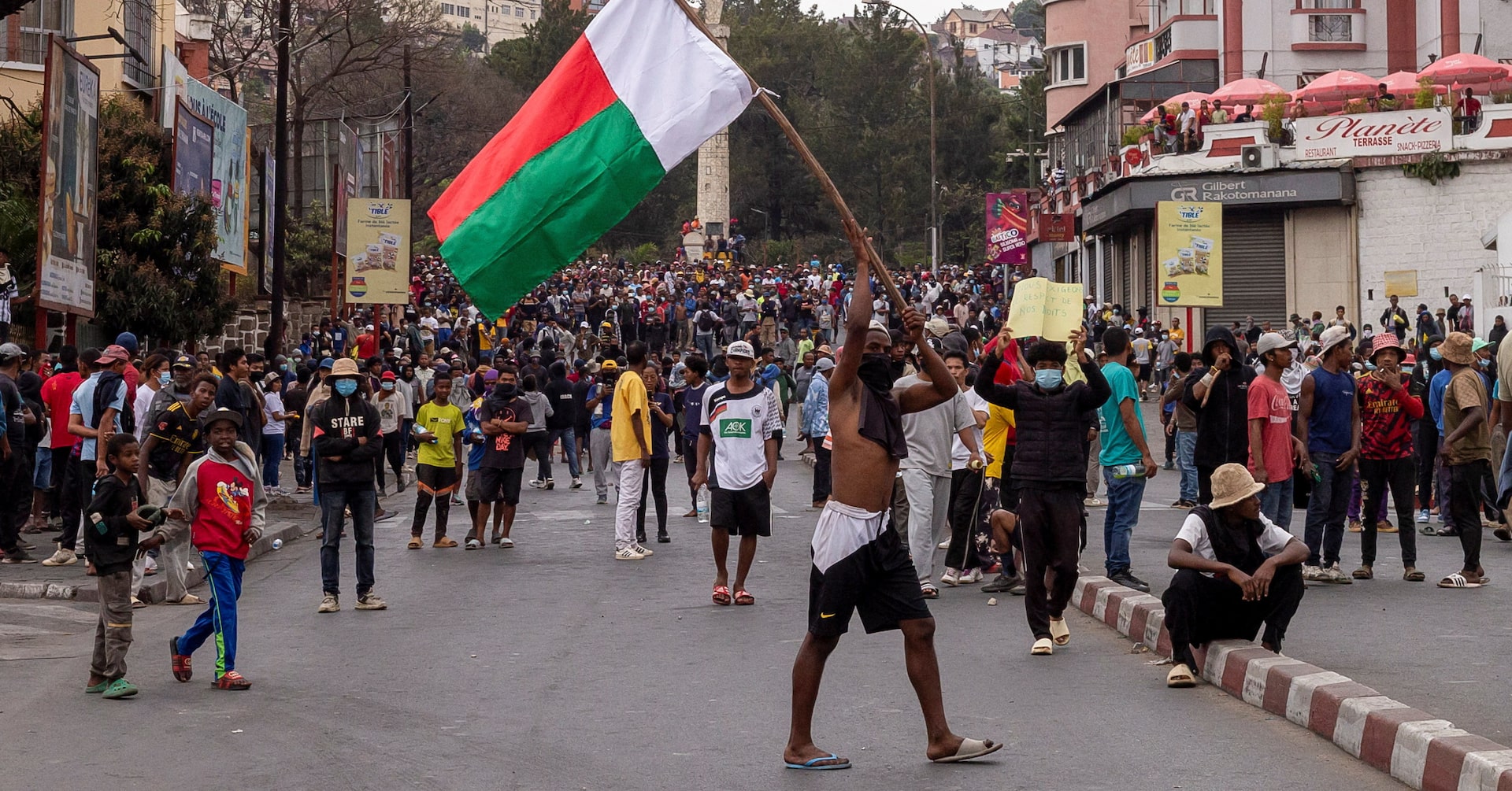Home / Environment / Gen Z Protests Sweep Global South Over Climate Disasters and Inequality
Gen Z Protests Sweep Global South Over Climate Disasters and Inequality
2 Oct
Summary
- Youth-led protests in Madagascar, Morocco, and Peru over power outages, water shortages, and pension systems
- Protests linked to recent extreme weather events like floods, cyclones, and earthquakes in these countries
- Protesters demand governments address historical inequalities and mismanagement of climate crisis

As of October 2, 2025, a wave of youth-led protests has swept across several countries in the Global South, with demonstrators taking to the streets to demand action from their governments on a range of issues exacerbated by the climate crisis.
In Madagascar, "Gen Z" protesters have been demonstrating against frequent power outages and water shortages, denouncing the government and calling for the restoration of reliable utilities across the country. These protests have been ongoing for the past week, with the United Nations reporting at least 22 people killed and over 100 injured. In response, Madagascan President Andry Rajoelina announced he was dissolving the government.
Similar youth-led protests have also erupted in Morocco and Peru. In Morocco, a group calling itself "GenZ 212" has organized demonstrations in several cities, with protesters calling for improvements to the public health and education systems. Meanwhile, in Peru, Gen Z demonstrators have been protesting the country's pension system, fueled by longstanding anger against President Dina Boluarte and Congress.
What these countries have in common, beyond the youth-driven unrest, is that they have all experienced major extreme weather events over the past year. Peru was hit by heavy rains in February that left towns in ruin, Madagascar was struck by a devastating cyclone in March, and the Philippines has been reeling from the aftermath of Super Typhoon Ragasa and Storm Bualoi. Even Morocco, which did not experience an extreme weather event in 2025, suffered from fatal floods last year and a catastrophic earthquake in 2023.
Protesters in these countries have been vocal in linking the climate crisis to the resource mismanagement and inequality that has left their communities vulnerable. In the Philippines, for example, youth demonstrators took to the streets over mismanaged funds assigned to flood control projects. Across the Global South, there is a growing demand for governments to confront the historical roots of the climate crisis, which can be traced back to colonialism and the unequal distribution of resources.
As the world prepares for the COP30 climate summit in Brazil this November, the protests in Madagascar, Morocco, Peru, and beyond serve as a stark reminder of the urgent need to address the intersections of climate change, inequality, and human rights.




